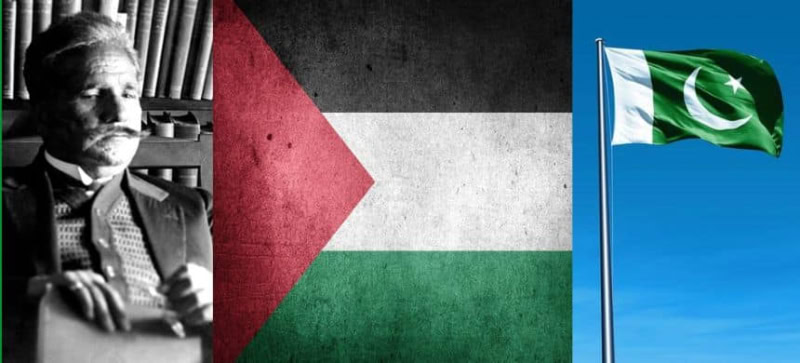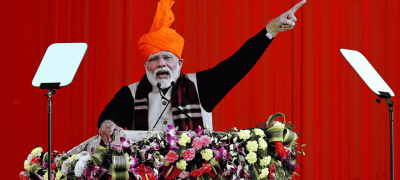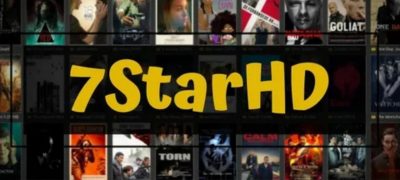“The Palestine question is very much agitating the minds of the Muslims. We have a very fine opportunity for mass contact for the purposes of the League. I have no doubt that the League will pass a strong resolution on this question and also by holding a private conference of the leaders decide on some sort of a positive action in which masses may share in large numbers. This will at once popularize the League and may help the Palestine Arabs. Personally, I would not mind going to jail on an issue which affects both Islam and India. The formation of a Western base on the very gates of the East is a menace to both.” These words were written by Allama Iqbal to Quaid-e-Azam Mohammad Ali Jinnah on 7th October 1937, exactly 86 years before Hamas’s recent massive attacks on Israel. Iqbal, suffering from a fatal laryngeal cancer, was ready to challenge the colonial British government and go to jail for the cause of Palestine.
Palestine’s freedom is a cause that is just from all perspectives, whether Islamic, secular, or humanitarian, etc, with the genocidal Zionist perspective being the only exception. Why would Iqbal think that he would be thrown in jail for raising his voice for such a just cause? Well, he explained it himself when he wrote: “Farang ki rag-jaan panja-e-Yahood mein hai!” (The jugular vein of the British is gripped by the Jewish race). He knew that the colonial British government of India would crack down on anyone raising a voice for Palestine. But he attached such importance to this cause that he, a frail dying old man, was ready to face the wrath of the colonial government for that. He explained his reasons to Jinnah as well namely the Palestine cause would help popularize the Islamic nationalism (which was to form the ideological basis of Pakistan) espoused by the Muslim League and “may also help Palestinian Arabs”. Quite noticeable is the order of preference mentioned by Iqbal for these two goals. Iqbal envisioned that deep feelings for Palestine were a very accurate test of the strength of Islamic nationalism in the Muslims of these regions which would become Pakistan one day. The Palestine cause’s relevance was essential for strengthening this vital Islamic nationalism. Even helping the Palestinians was secondary to this objective.
On the 31st of August, dozens protesting against the Israeli genocide in Gaza were arrested by Islamabad Police on the orders of the Pakistan government. The protestors were quite few in number, hardly a hundred. They weren’t blocking any road or intersection, they were just chanting the slogan “Free Palestine” and waving Palestinian flags from the side of a road. But the government deemed it fit to crack down on them in order to teach them a lesson. The lesson was quite vivid: “Don’t raise your voice for Palestine in any meaningful way otherwise be prepared to face the full might of the government and its police!” What does this message mean? Why would the government of an Islamic Republic object to such a small protest for Palestine? Had Iqbal been alive, he might have said: “Hukumat-e-Pakistan ki rag-e-jaan panja-e-Yahood mein hai!” But he wouldn’t have been completely accurate. We aren’t controlled by Zionists like the USA. We aren’t the slaves of Zionists like the USA. We are the slaves of the slaves of Zionists. We aren’t important enough for the Zionists to put a collar around our necks themselves. They don’t even have to order their American slaves to do that. The American slaves also don’t need to order us in this regard either. Our government and elites beg for the collar, kiss it, and then put it on with servility and gratitude!
But is the government the only important actor in this episode? What about the people? What do they want? Had Iqbal been alive, he would have said: “Bujhi Ishq Ki Aag, Andhair Hai, Pakistani nahi, Raakh ka dher hai!” (Gone out is the fire of love. O how sad, The Pakistani is a heap of ashes, nothing more). In the sprawling capital of Pakistan where more than a million live, only a few dozen manage to find a deep enough feeling to come out for Palestine and face the wrath of the slaves of the slaves of Zionists! What is the state of Islamic nationalism (the basis of Pakistan) in the country dreamt by Iqbal? If the Palestine cause is a litmus test for that according to Iqbal, then it appears that the basis of Pakistan has disappeared among both the people and the ruling elite. The elite just wants to kowtow to the West, loot the country, and enjoy the perks gained by restraining a whole nation in the interest of foreign masters, quite like the elite in Iqbal’s time that used to serve the Colonial British masters. Interestingly, many scions of those same elite families are an integral part of the Pakistani ruling elite today. The British policemen and army officers have been replaced by locals, but, exceptions aside, in all other respects, no change is visible on institutional levels.
In another letter to Jinnah, dated 28 May 1937, Iqbal uttered a very interesting apprehension: “I fear that in certain parts of the country, e.g. North West India, Palestine may be repeated.” In 1937, the colonial British administration was trampling the Palestinians in order to make way for a Zionist state and the complete destruction of any hope for Palestinian independence. Iqbal was worried that if the Muslims of India proved unable to create an independent state, they would become prey to Hindu domination and all hopes for their independence would be destroyed. We dodged that particular bullet due to some fortunate geopolitical occurrences (World War 2 enhanced the demand for Indian Muslim soldiery, Hitler eroded British power greatly), Quaid-e-Azam’s superb leadership, and the belated awakening of the Muslim masses to the grave danger.
87 years later, it seems that we have dug ourselves into the same hole again. We gained independence and sovereignty in 1947 but surrendered it bit by bit till only the last vestiges remain today. Pakistan, which was supposed to be an Islamic Republic embodying the concepts of Islamic Social Justice, was hijacked by the same ruling elite that had kowtowed to the British. They found ready partners in the mental slaves of the West in the military and bureaucracy. Together, they sought to find a new Western master, and the USA “blessed” them with its patronage. The task was the same: Keep Pakistan in chains and make it a tool of US neo-colonialism. The reward was the same as well: Titles, money, overseas properties, and unrestricted power to lord over and oppress the people. The pre-1947 equilibrium was bit-by-bit reconstructed. Now, every disciple of Iqbal needs to prepare to go to jail if he or she dares to raise his/her voice in any meaningful way for Palestine. And yes, you will be crucified like the poor souls of Jallianwala Bagh if you try to confront the ruling slave elite directly. But instead of General Dyer, it will be a local pushing the trigger this time!
The bulk of Pakistanis don’t need to worry about jails or repression though. The apathy regarding the Palestine cause among the people makes it crystal clear that the government of the slaves of the slaves of Zionists wouldn’t need to resort to such drastic measures. But this apathy, and the absence of any Jinnah or Iqbal on the scene, leaves me with a question: Will we be able to regain our independence and escape the looming Hindu domination? I shudder and refuse to answer this question.







